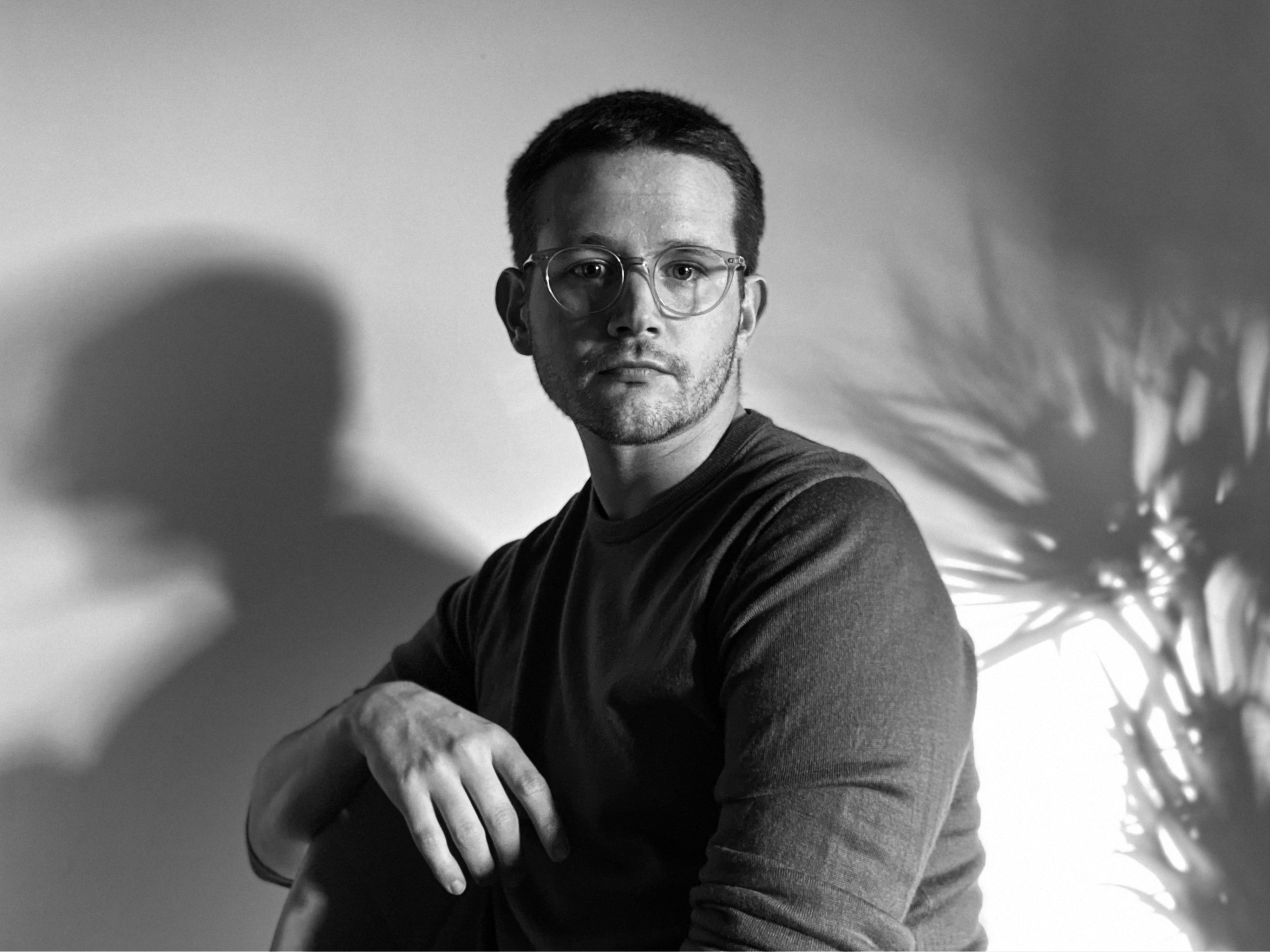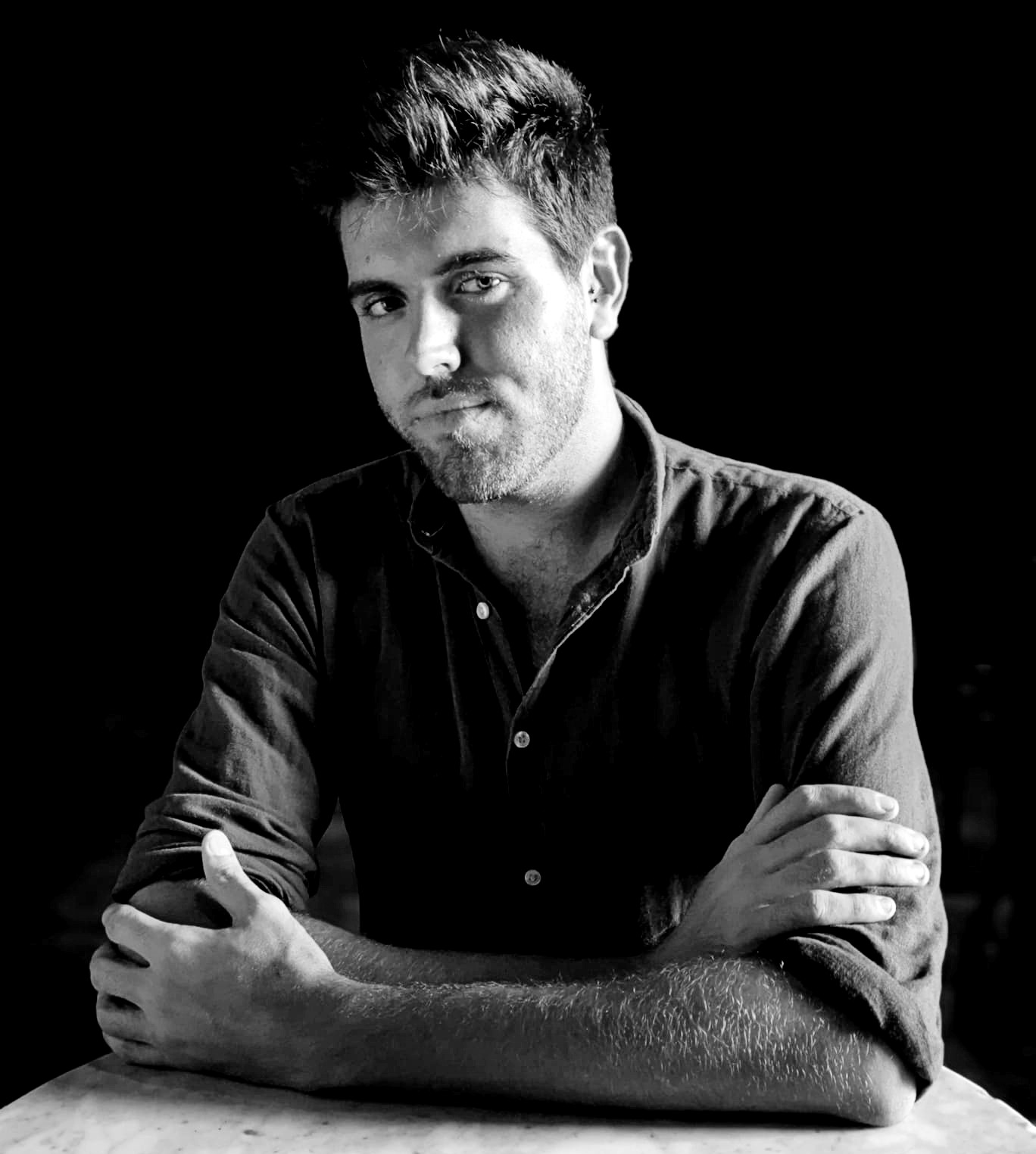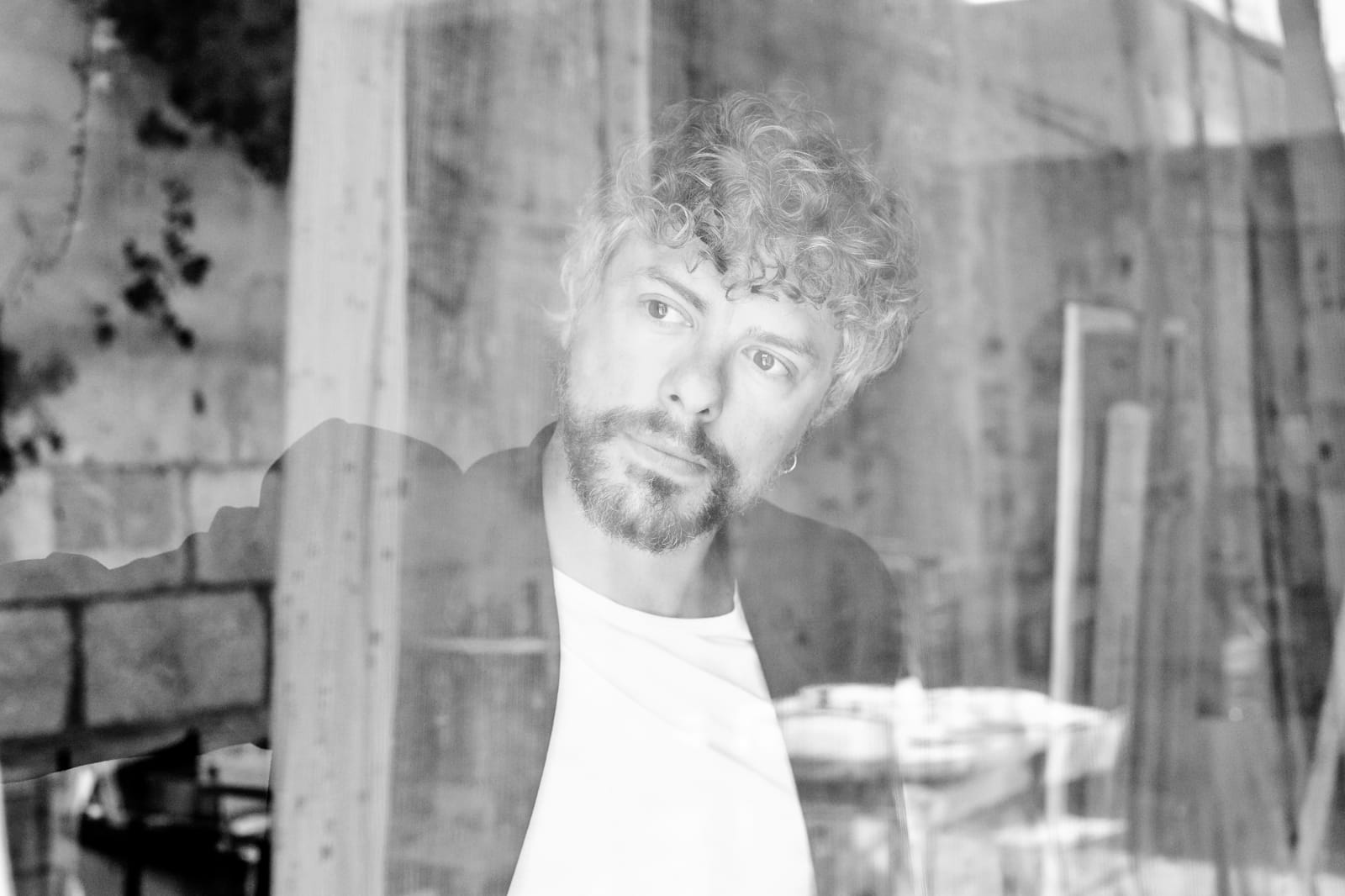Sebastià Portell, born in Ses Salines, writes from -and over- the textual and experiential borders. He is the author of the novels Ariel i els cossos (2019), El dia que va morir David Bowie (2016, Time Out Barcelona award for Creator of the Year) and Les altures (2022). He also wrote the stories of Maracaibo (2014), the non-fiction book Els nens que llegien al lavabo (2021) and several plays, such as Transbord (2018), which has been translated into Spanish and Italian and has been performed for five years in theaters all over Catalonia. She has also been in charge of the biographical volume Antònia Vicens. Massa deutes amb Els Flors (2016) and Amors sense casa (2018), the first anthology of Catalan LGBTQ poetry. Since March 2022, he is the president of the Associació d'Escriptors en Llengua Catalana.
With his play Transbord, interpreted by Assun Planas and Marc Joy, he has conquered us, and for this reason we decided to contact him to know how this experience was for him.
How was your experience of listening to your work converted into a podcast?
It has been a fantastic experience and a privilege. Although the appropriate format for theatrical texts is their live performance, the fact that it takes another form is a joy for the text and its diffusion, and another way of bringing it to audiences who, for whatever reason, do not have access, or do not have such easy access, to conventional theatrical representation. On the other hand, my play, Transbord, has a strong textual component, which is why its adaptation to the podcast format made all the sense in the world.
What is your creative process like?
Each story demands a different form, and therefore the creative process of each book or theatrical text I have written has been unique. In the case of Transbord, which was an assignment from Produccions de Ferro for the Balearic Islands Dramaturgy Tour, I worked on the basis of bibliographical research of theatrical texts, such as Testo Ionqui, by the thinker Paul B. Preuat, and testimonies of people from the Balearic Islands. Preuat, and testimonies of trans people about their transit and the treatment given by the health system and the public administration. Then, the challenge was to write from these premises and generate characters with emotions and personal stories.
How long did it take you to write this play?
I would say that I spent between one and two months; I combined its writing with that of my penultimate novel, "Ariel y los cuerpos", which also deals with transsexuality or non-normative gender experiences, but from a more lyrical and prose approach. Therefore, both texts are manifestations of the same process of reflection, but with very different forms and results.
Do you follow any ritual when you write?
No. Simply, I need to have a lot of time in front of me and to be animated, to have energy, that day.
No. I just need to have a lot of time ahead of me and to be in the mood, to have energy, that day. Otherwise, it's impossible to try. It's not only a question of physical space and time, but also mental. The luxury of being obsessed with a story.
Do you think this project should be continued?
I think so; it is a very good way to disseminate contemporary playwriting and to bring our proposals to other audiences, without harming in any way the exploitation and distribution of our theatrical productions, on the contrary. It is not only a very good tool for authors and playwrights, but also a good pedagogical resource for students and to make culture more.
accessible to citizenship.



